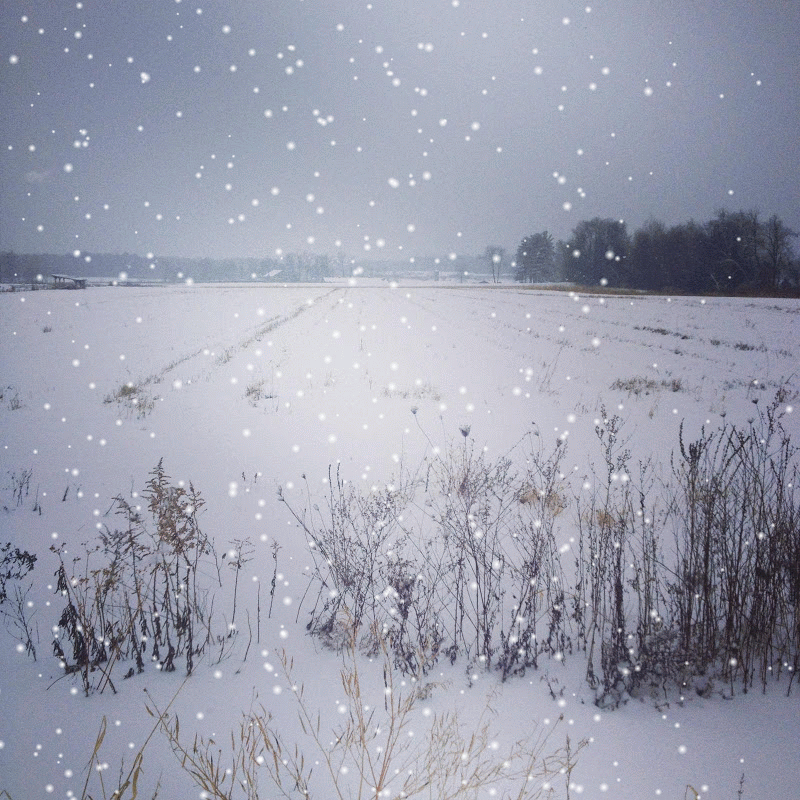Mild Winters
It has been very mild this winter so far and that leaves us to worry about the bulbs and perennials already in the ground, especially the newer plantings.
In addition to the milder temperatures this year, the storm track is different as well, coming from the plains states and remaining further northwest than usual. The resulting lack of snow in our area deprives our bulbs and perennials from necessary insulation.
Mild winters can create a lot of freezing and thawing of the soil. This in turn causes our perennials to heave up out of the ground, exposing the plants’ crowns to cold temperatures. This results in damage to the plants and they may not come back the following spring as you would normally expect them to. Warmer temperatures over the winter can also confuse plants and trees. The milder temperatures can cause these plants to try to begin to grow too early and they then become damaged by frosts and temperatures that drop below freezing.
As part of their normal life cycle, perennials and bulbs expect to go through a cold period (called vernalization) and to stay cold for the winter. This cold period is necessary for proper flowering of the plants. Vernalization can occur naturally as well as artificially by producers. The term “vernalization” is derived from the Latin word “ver,” meaning “spring.”
In order to help insulate the plants and prevent them heaving from the ground, we recommend that gardeners spread a winter mulch over their perennials and bulbs, such as straw or pine boughs. Winter mulch should be applied once the ground gets cold and should be removed once temperatures begin to rise in the spring. The mulch will keep the ground cold and the plants in a dormant state. If you have newly planted perennials and bulbs from the summer and fall, the winter mulch will also help the plants’ ability to survive their first winter with a young, yet to be established root system.
Another issue to be wary of is that milder winters allow fungal spores to live through the winter on moist, decaying plant parts. Over 80% of plant diseases are caused by fungi. So while we as humans may be enjoying the milder temperatures, we will have more disease issues to look forward to in the spring. This is one of the reasons why it is so important to rake up and remove debris in the garden as soon as possible during the growing season and into the fall when prepping your garden beds for winter.
As for insect population, insects that remain and normally overwinter in the area should not be affected, but those that migrate from other areas; a mild winter will allow more to survive in their normal habitat prior to migrating to other areas.
So just be on the lookout earlier for potential problems and keep your gardens clean for a successful growing season.




Comments
Post a Comment
Thank you for your comment! We appreciate them all and will publish your comment shortly. Thanks for visiting!